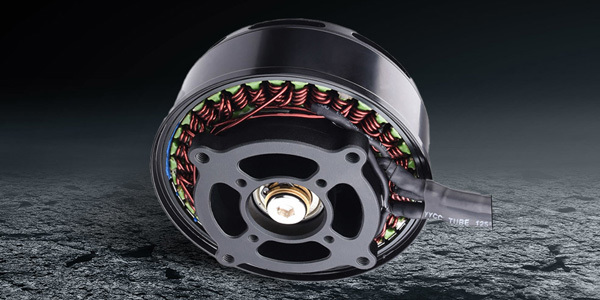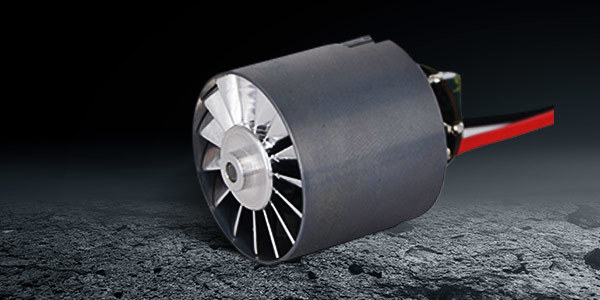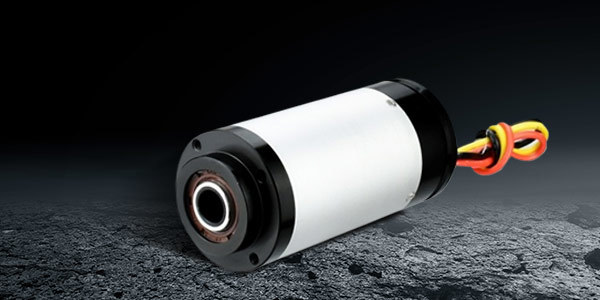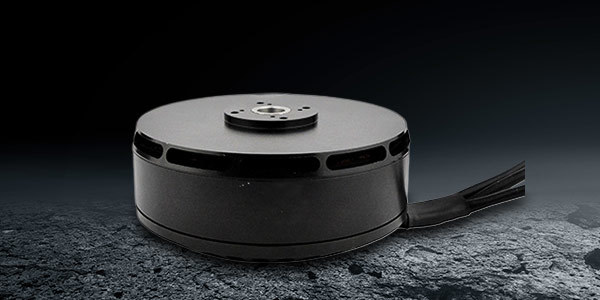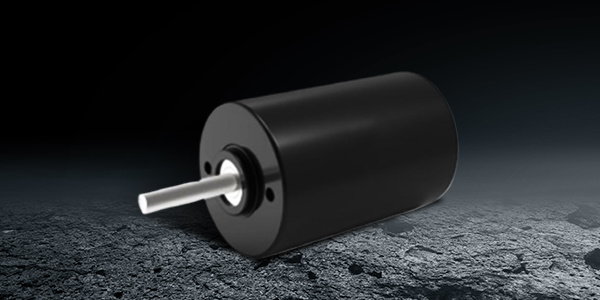Jul 08,2025
Understanding Sensorless Motor Controllers: A Comprehensive Overview
--- Sensorless motor controllers are increasingly gaining popularity in various applications due to their ability to efficiently manage motors without the need for physical sensors. This technology plays a crucial role in minimizing costs, reducing complexity, and enhancing the reliability of motor systems. In the electrical and cable industry, where control cables are integral to system functiona
---
Sensorless motor controllers are increasingly gaining popularity in various applications due to their ability to efficiently manage motors without the need for physical sensors. This technology plays a crucial role in minimizing costs, reducing complexity, and enhancing the reliability of motor systems. In the electrical and cable industry, where control cables are integral to system functionality, understanding sensorless motor controllers can provide significant advantages.
At their core, sensorless motor controllers rely on algorithms and estimations to determine the rotor position of the motor. Unlike traditional controllers, which depend on feedback from physical sensors such as encoders or resolvers, sensorless systems utilize the motor's electrical characteristics to infer its position. This approach simplifies the system design, which can lead to improved durability and lower maintenance costs, a crucial factor in industrial applications.
One of the primary benefits of sensorless motor controllers is their ability to operate in a wide range of conditions. Since they do not rely on sensors that can be susceptible to wear and environmental factors, these controllers maintain consistent performance even in challenging conditions. This is particularly advantageous in scenarios where reliability is paramount, such as in automated manufacturing processes or electric vehicles.
Moreover, sensorless motor controllers often boast a compact design, making them suitable for applications where space is a constraint. Their integration can lead to lighter and more efficient systems, which is an essential consideration in modern electrical designs. These factors contribute to an overall reduction in system costs, making sensorless controllers an attractive option for many projects.
In terms of performance, sensorless motor controllers can achieve high efficiency and smooth operation across varying speeds. By employing advanced algorithms, they can effectively manage torque and speed control, providing a responsive and adaptable motor performance. This flexibility is invaluable in applications that require precise control, such as robotics or conveyor systems.
When considering the implementation of sensorless motor controllers, professionals in the electrical and cable industry should evaluate the specific requirements of their applications. Factors such as the type of motor, operational environment, and performance expectations will influence the suitability of this technology.
In conclusion, sensorless motor controllers represent a significant advancement in motor control technology, offering numerous advantages for various applications. By understanding this technology, professionals in the electrical and cable industry can make informed decisions that enhance system performance, reliability, and cost-effectiveness. Embracing sensorless technology can position businesses at the forefront of innovation and efficiency in an ever-evolving industrial landscape.
Sensorless motor controllers are increasingly gaining popularity in various applications due to their ability to efficiently manage motors without the need for physical sensors. This technology plays a crucial role in minimizing costs, reducing complexity, and enhancing the reliability of motor systems. In the electrical and cable industry, where control cables are integral to system functionality, understanding sensorless motor controllers can provide significant advantages.
At their core, sensorless motor controllers rely on algorithms and estimations to determine the rotor position of the motor. Unlike traditional controllers, which depend on feedback from physical sensors such as encoders or resolvers, sensorless systems utilize the motor's electrical characteristics to infer its position. This approach simplifies the system design, which can lead to improved durability and lower maintenance costs, a crucial factor in industrial applications.
One of the primary benefits of sensorless motor controllers is their ability to operate in a wide range of conditions. Since they do not rely on sensors that can be susceptible to wear and environmental factors, these controllers maintain consistent performance even in challenging conditions. This is particularly advantageous in scenarios where reliability is paramount, such as in automated manufacturing processes or electric vehicles.
Moreover, sensorless motor controllers often boast a compact design, making them suitable for applications where space is a constraint. Their integration can lead to lighter and more efficient systems, which is an essential consideration in modern electrical designs. These factors contribute to an overall reduction in system costs, making sensorless controllers an attractive option for many projects.
In terms of performance, sensorless motor controllers can achieve high efficiency and smooth operation across varying speeds. By employing advanced algorithms, they can effectively manage torque and speed control, providing a responsive and adaptable motor performance. This flexibility is invaluable in applications that require precise control, such as robotics or conveyor systems.
When considering the implementation of sensorless motor controllers, professionals in the electrical and cable industry should evaluate the specific requirements of their applications. Factors such as the type of motor, operational environment, and performance expectations will influence the suitability of this technology.
In conclusion, sensorless motor controllers represent a significant advancement in motor control technology, offering numerous advantages for various applications. By understanding this technology, professionals in the electrical and cable industry can make informed decisions that enhance system performance, reliability, and cost-effectiveness. Embracing sensorless technology can position businesses at the forefront of innovation and efficiency in an ever-evolving industrial landscape.
Previous: None
Next: Why Sensorless BLDC Motors Are Revolutionizing Generator Technology

